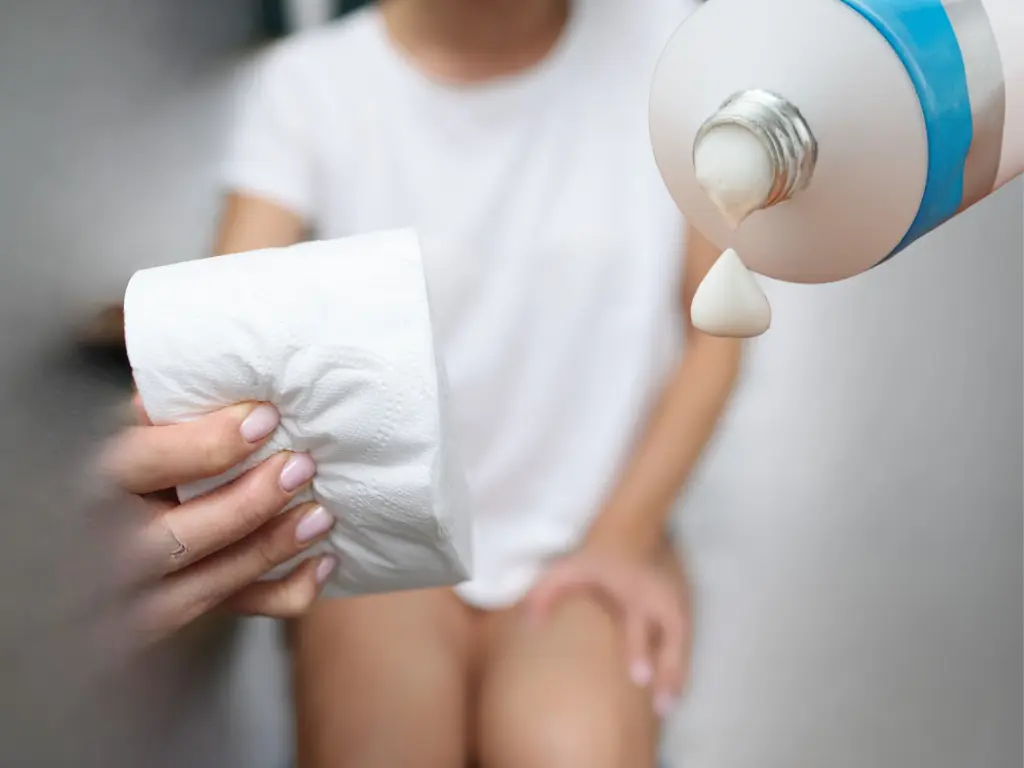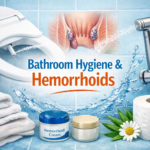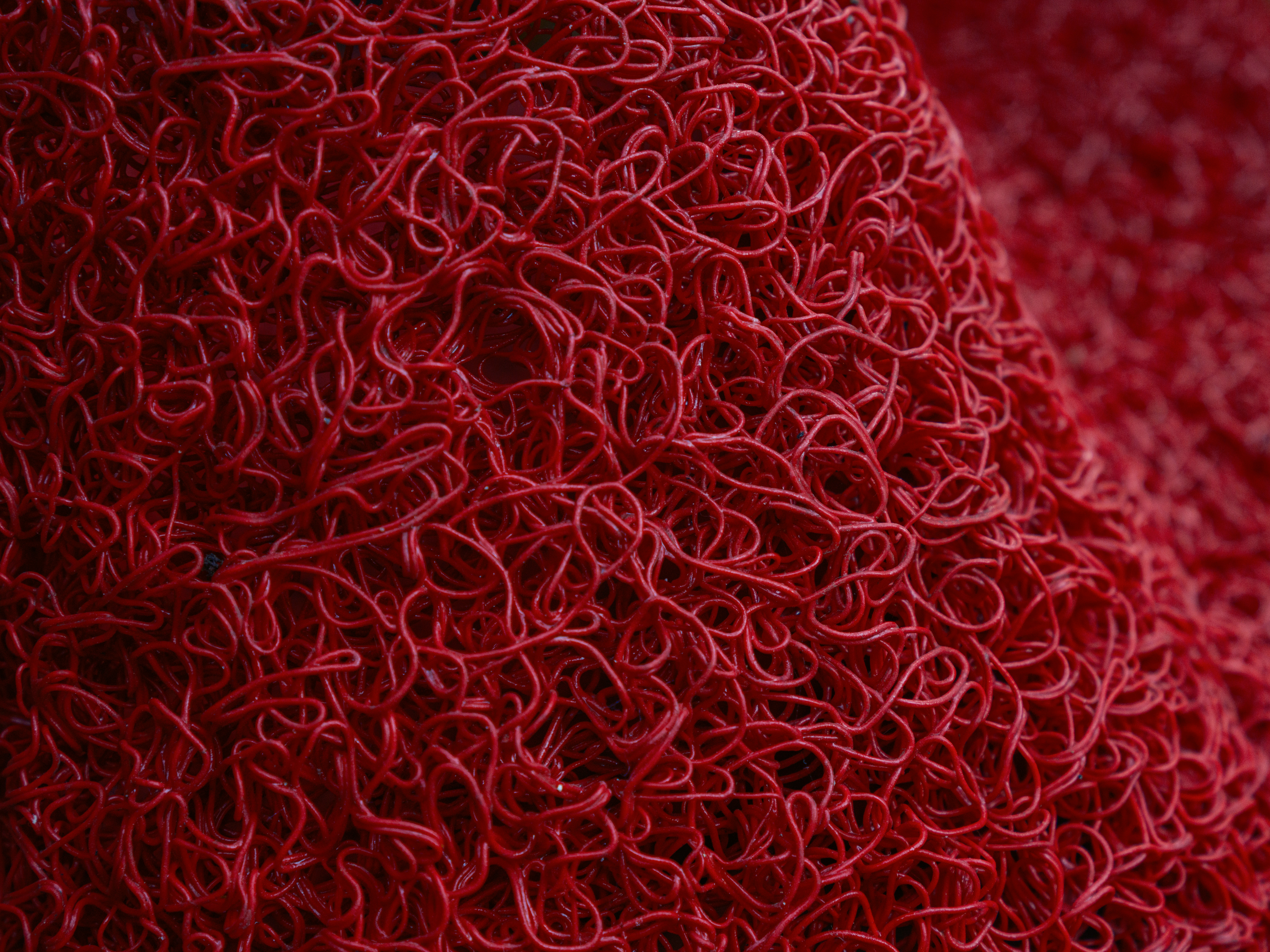Hydrocortisone cream for hemorrhoids is a helpful remedy when your symptoms flare up and cause pain or discomfort. So, having a tube of this ointment at home may prove wise for people who experience hemorrhoids often.
However, do not consider this cream a stand-alone treatment for the condition. Hydrocortisone’s primary use should be relief, soothing efforts, and alleviating symptoms like swelling.
I often encounter questions about how far you can rely on hydrocortisone cream, its side effects, and possible alternatives. So, here’s the low-down on this valuable ointment.
What are hemorrhoids?
Here’s a quick breakdown for those of us confused about hemorrhoids as a medical condition.
Hemorrhoids occur when your veins in the lower rectum (or anus) swell up and enlarge beyond normal. As a result, you may experience different degrees of pain, discomfort, or itchiness in the affected area. Many hemorrhoid patients notice bleeding in the rectal area. Any aggravation of the swollen tissues, whether bowel movement or excessive sitting, can lead to bleeding (Learn more about hemorrhoidal bleeding here).
Timely changes in diet, lifestyle, and physical care may prevent hemorrhoids from recurring or worsening. However, the condition may reappear in patients with poor lifestyle habits and food choices.
When the swelling and discomfort increase, hydrocortisone cream can help lessen the unpleasant effects of the condition.
How does hydrocortisone cream work for treating hemorrhoids?
To understand how hydrocortisone cream helps with hemorrhoids, let’s get an idea of what it contains and how these ingredients address hemorrhoidal symptoms.
Hydrocortisone is, essentially, a hormonal steroid that can soothe the skin and ease inflammation, swelling, or mild pain. That’s why people consider it a good treatment for skin conditions that possess these symptoms.
Hydrocortisone creams may come with different secondary ingredients that help with skin irritations. However, the active element present in all hydrocortisone creams is hydrocortisone acetate. This compound is a corticosteroid (steroid hormones that mitigate inflammation leading to more relief).
Secondary ingredients in these creams may vary slightly depending on the brand or manufacturer. For instance, some creams may contain added mineral oils, while others come with propylene glycol as an active ingredient.
Other common additions to the ointment include glyceryl stearate and purified water. These compounds all play a role in reducing itchiness, comforting the surrounding tissue, and preventing further inflammation.
These combined benefits make the cream a go-to solution for hemorrhoidal cases where the symptoms are milder or moderate. However, there are dangers to excessive use and careless application.
Knowing when to rely on this cream and the risk of side effects will ensure you get the most advantage out of the ointment.
When should you use hydrocortisone cream for hemorrhoids?
You should consult your professional doctor to decide when to whip out the hydrocortisone cream.
Generally, doctors will advise its use when common symptoms of hemorrhoids appear without too much severity.
Examples include:
- Inflamed veins and tissue that you can feel in your rectum or anus
- Itching around the affected skin and tissue
- Burning sensation in the anus or the area surrounding the swollen veins
- Mild pain around the affected area.
Hydrocortisone creams will work best when your hemorrhoidal symptoms begin acting up and continue for a few days. So, even this ointment’s topical application should go on only for a few days (or a week at the most).
You should stop using the hydrocortisone ointment immediately if you begin experiencing any of the known side effects.
What are the potential side effects of using hydrocortisone cream for hemorrhoids?
Hydrocortisone cream contains potent chemicals that work to soothe, ease, and calm hemorrhoidal symptoms. However, the same chemicals can cause ill effects or irritation in the person.
Here are some common side effects that people with other medical conditions may experience.
- The aggravated area of the skin may develop blisters or burn sensations
- Itchiness and scaling of your skin
- Severe irritation and redness of the affected area
- Inflammation gets worse with the cream’s application instead of healing
- The skin around your lips begins to develop redness and scaling
- The skin around the affected area starts thinning and bruises easily
- Abnormal dryness of the skin
- Crusty skin producing small flakes
Hydrocortisone cream’s side effects may vary depending on your current health. The risk for reactions increases if you possess medical conditions or have a history of other health issues.
Discuss the risks with your medical team or personal doctor if any of the following conditions apply to you.
- Any history of damaged or burned skin tissue near the affected area
- Existing steroids in your system (prednisone, dexamethasone, etc.)
- If you’re using any other steroidal cream or ointment
- Any past diagnosis of skin infections
- Pregnant or trying to conceive
- If you’ve had a baby recently and are breastfeeding
- Any existing allergies to food, chemicals, dust, etc.
Are there any alternative treatments for hemorrhoids besides hydrocortisone cream?
Yes. There are several effective alternatives to hydrocortisone cream that you can use to treat hemorrhoids. But most options require a doctor’s recommendation to ensure they don’t aggravate your symptoms further.
- Witch hazel comes as ointments or creams that treat hemorrhoidal symptoms like itching and swelling.
- Sitz baths are an easy solution you can prepare at home. Soak your bottom and affected area in a warm sitz bath for about 10 minutes for immediate relief.
- Your doctor may prescribe other effective over-the-counter creams if you develop reactions toward hydrocortisone creams. Most of these creams will contain phenylephrine, lidocaine, or pramoxine as primary ingredients.
- Dietary changes remain one of the most effective solutions for soothing hemorrhoidal symptoms. Increasing your fiber intake, staying hydrated, and eating liquid foods will also help soften stool and prevent the worsening of symptoms.
Conclusion
Suffering from hemorrhoids becomes harrowing because the symptoms continue troubling you throughout the day. The right hydrocortisone cream may provide that much-needed relief and reduce the inflammation for more respite.
However, you should use it sparingly and responsibly. Stop applying if you experience side effects like itchiness or redness. Consider trying other alternatives like witch hazel creams or sitz baths, along with your doctor’s advice.
The right diet can ease bowel movement and ease hemorrhoidal symptoms. Take a look at the 10 worst food items to avoid when your symptoms flare up.







